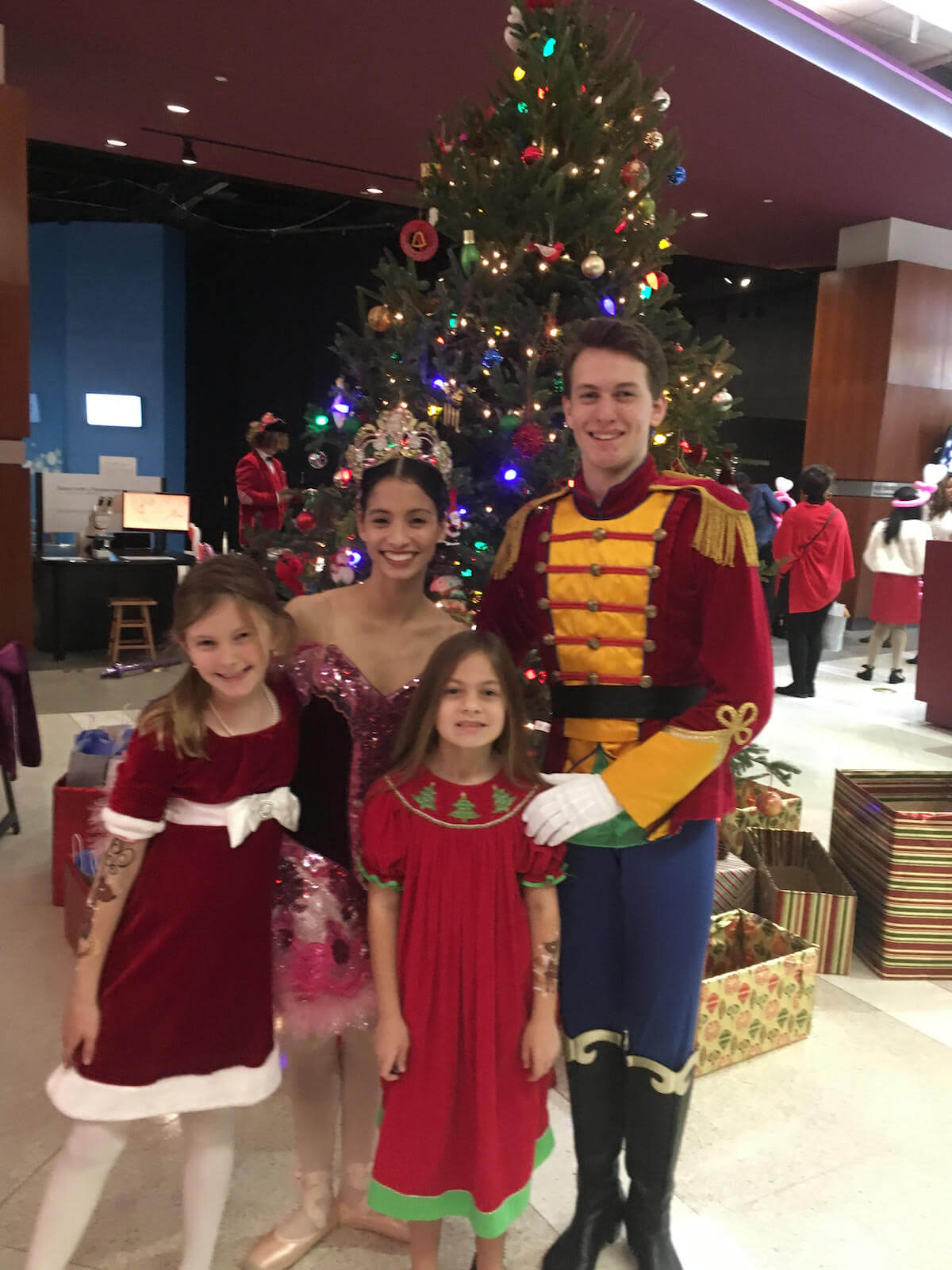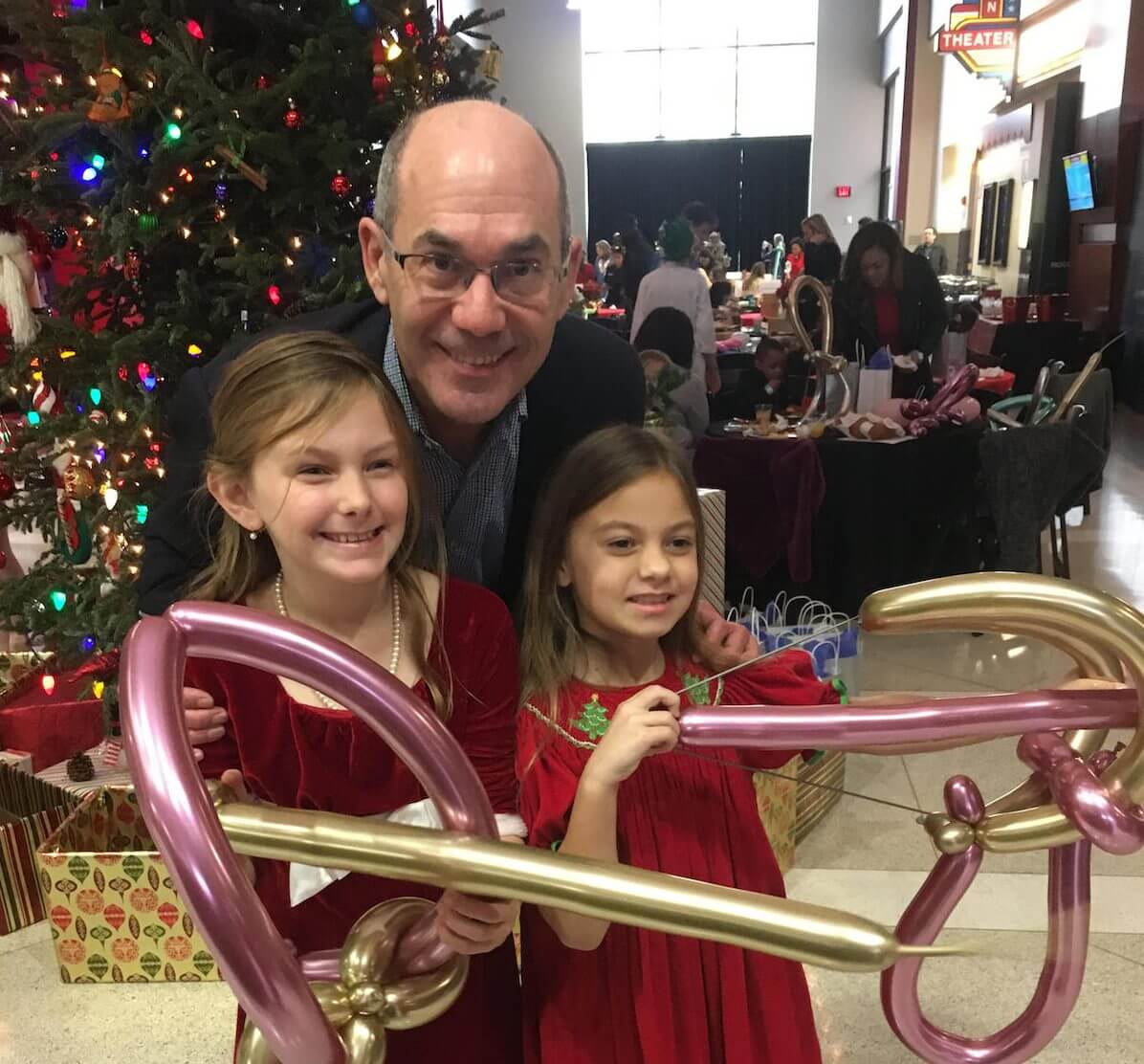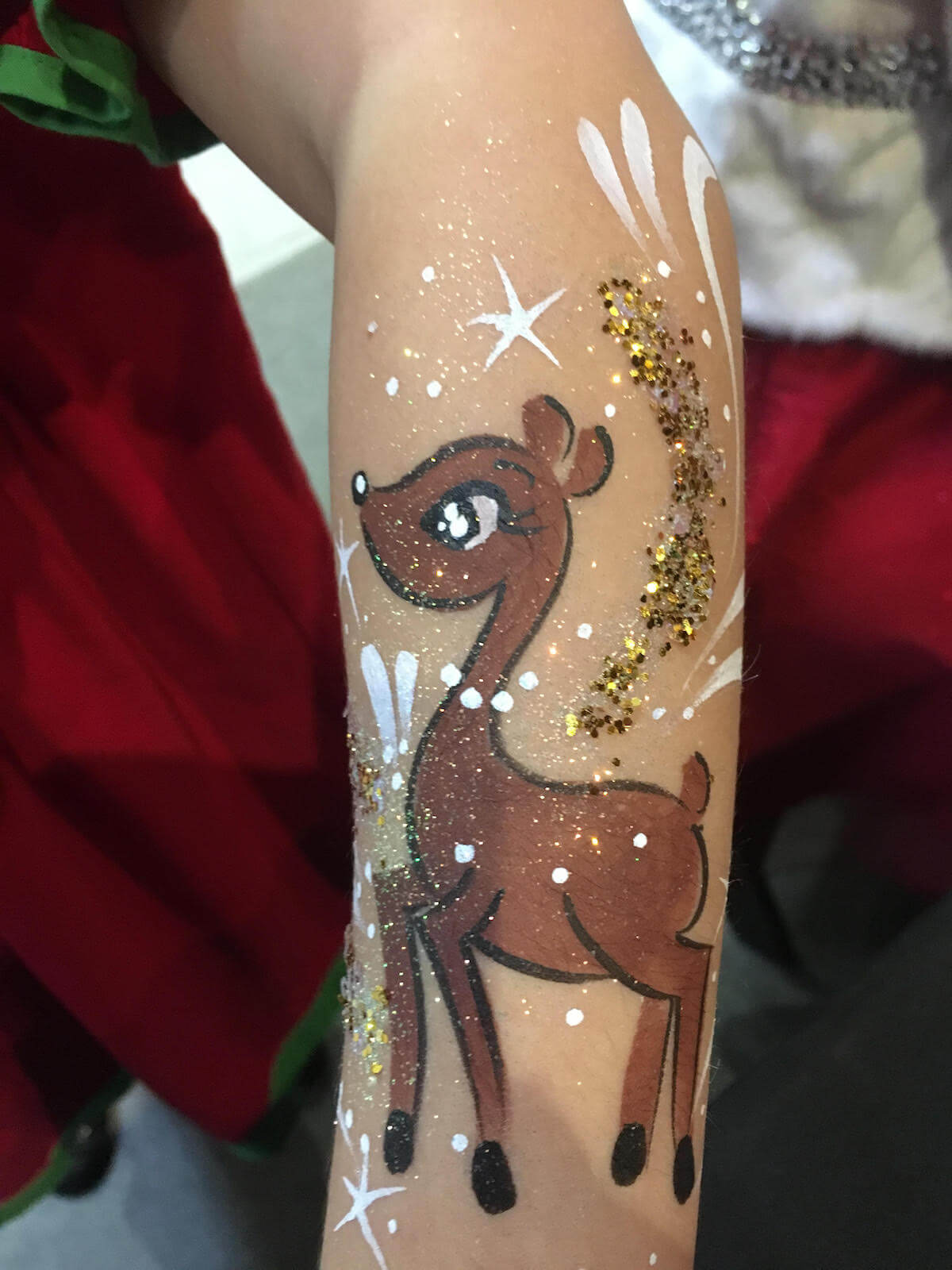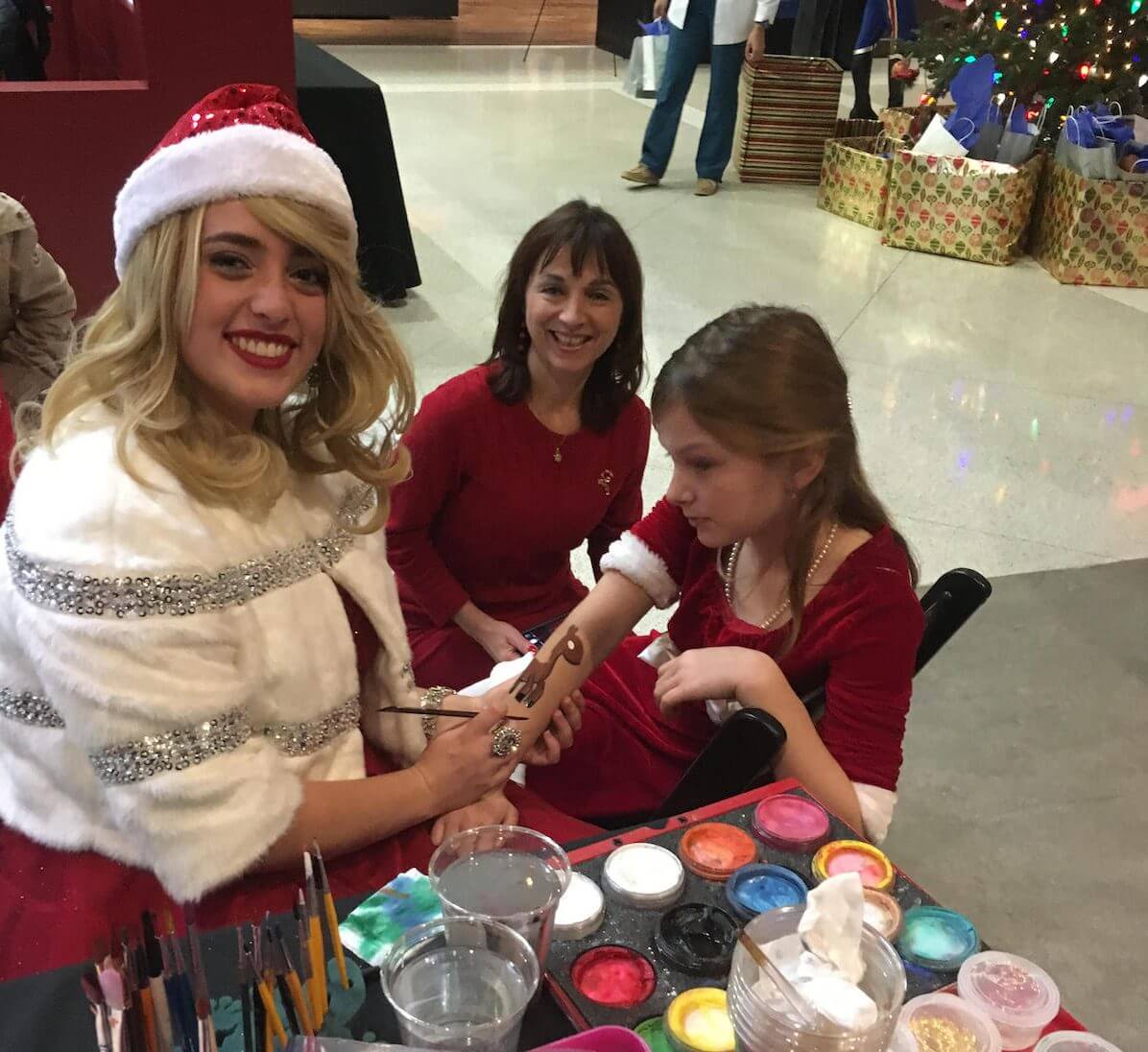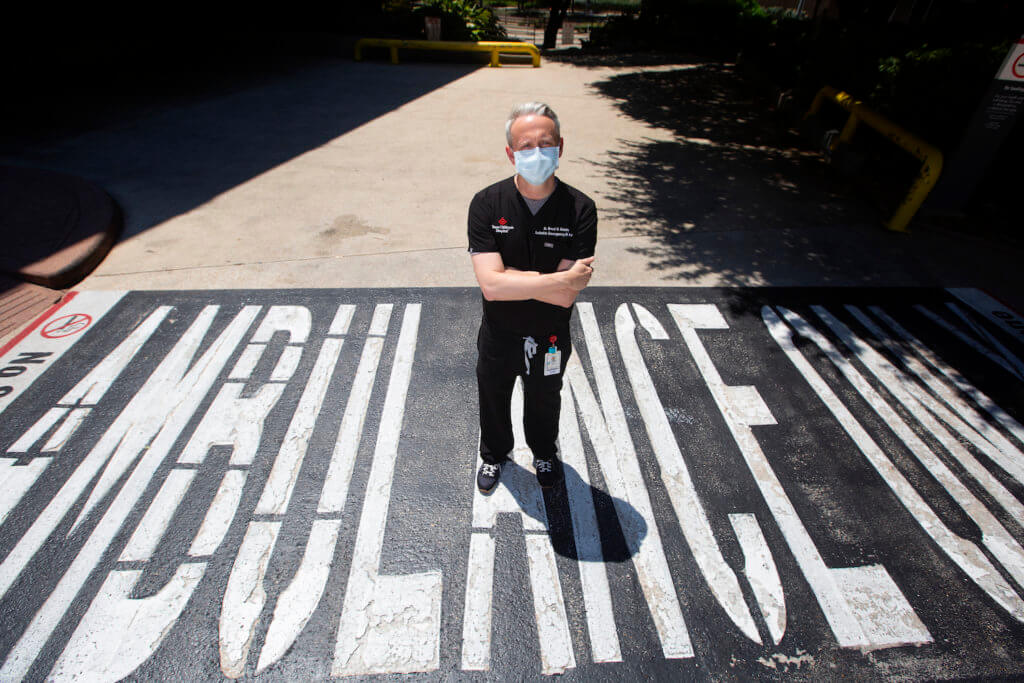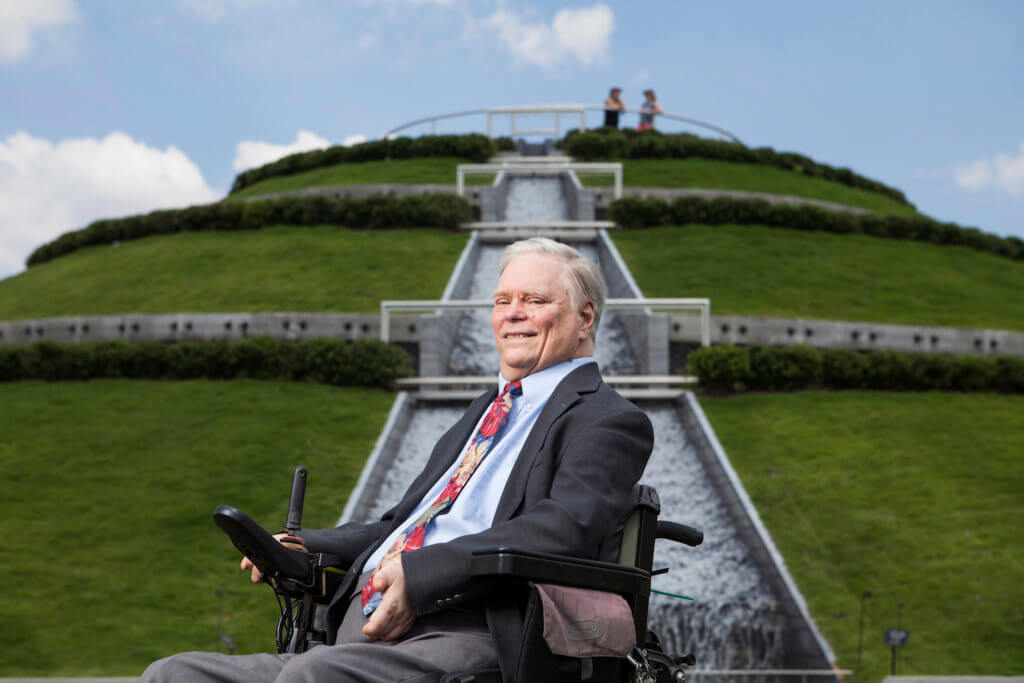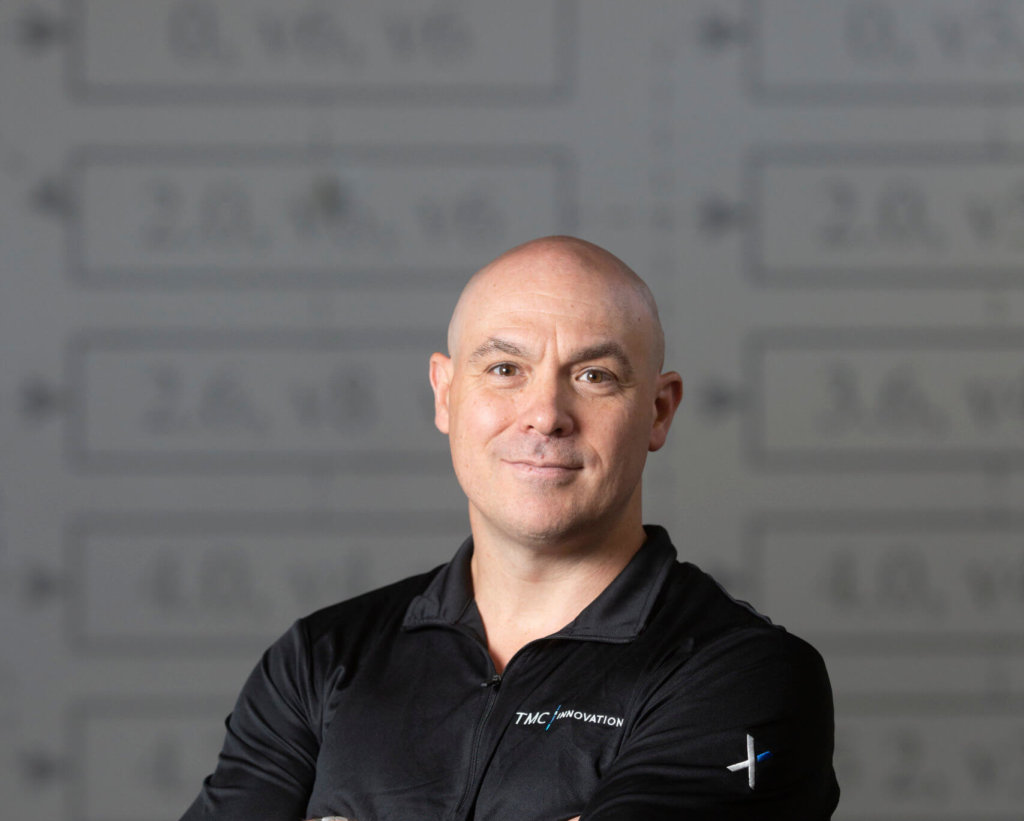Plush Pals Get Clean Bills of Health: ‘Teddy Bear Check-up’ Connects Children to Medicine

Nearly 200 children from across the Houston gathered area at The Health Museum in early December for the annual Teddy Bear Check-up to ensure the health of their beloved plush pals and learn more about medicine.
For nearly a decade, the museum has hosted the event to encourage children to get excited about their health and learn about their bodies by mirroring doctor visits with their teddy bears.
“It’s all about getting kids to think,” said John Arcidiacono, President and CEO of The Health Museum, which is affiliated with the Smithsonian. “They don’t want to brush their teeth and do all that stuff, so if you can have them think about their teddy bear doing it, they kind of understand that these healthy habits are important.”
To provide medical expertise and offer an authentic clinical environment for the children, the children and their teddy bears rotated through seven exam stations where they were met by medical students clad in scrubs from Baylor College of Medicine and the UTHealth’s McGovern Medical School.
The process started with a standard check-in and triage of all bears where they received plastic bracelets with their information—just like a patient would in the hospital. The “doctors” checked the height, weight, ears, eyes and nose along with the pulse and blood pressure. The medical students used stethoscopes to listen to the chests of the plush patients.
Once the teddy bears were officially patients, each visited a dental station, had a cleanliness check, received an eye exam and were served at a healthy eating station that teaches nutrituous habits and portion control as well as an active lifestyle station to promote the importance of exercise.
“There was ‘Beary Delicious’ where the kids actually make parfaits,” said Jenny Granero, director of development at The Health Museum. “They get an armband and can decorate it if they want.”
The annual event was chaired by attorneys Roslyn Bazzelle and Olivia Carbajal de Garcia, who presided over an event a little different than years past.
In addition to the check-ups, The Health Museum also treated guests to performances by the Salvation Army’s Harbor Light Choir and Houston Ballet dancers from “The Nutcracker” as well as face painting, balloon animals, breakfast and a special visit with Santa.
“It’s the holidays. It’s Christmastime. It’s the perfect time to have an event like this. This year we chose to make it a fundraising event because it has gained so much popularity over the years,” Granero said. “Each ticket was $50 and the money raised will go toward our health educational programs.”
Those programs include the Amazing Bodies Lab, the Farm to Table Workshop Series, mindfulness classes, discovery camps, Duke TIP Academic Adventures and much more.
“The educational classes are very broad and explore really interesting stuff,” Arcidiacono said. “We have artificial cadavers and the DeBakey Cell Lab—which is one of only three labs like that in the country. Fundraisers like this allow us to continue offering these incredible programs.”


